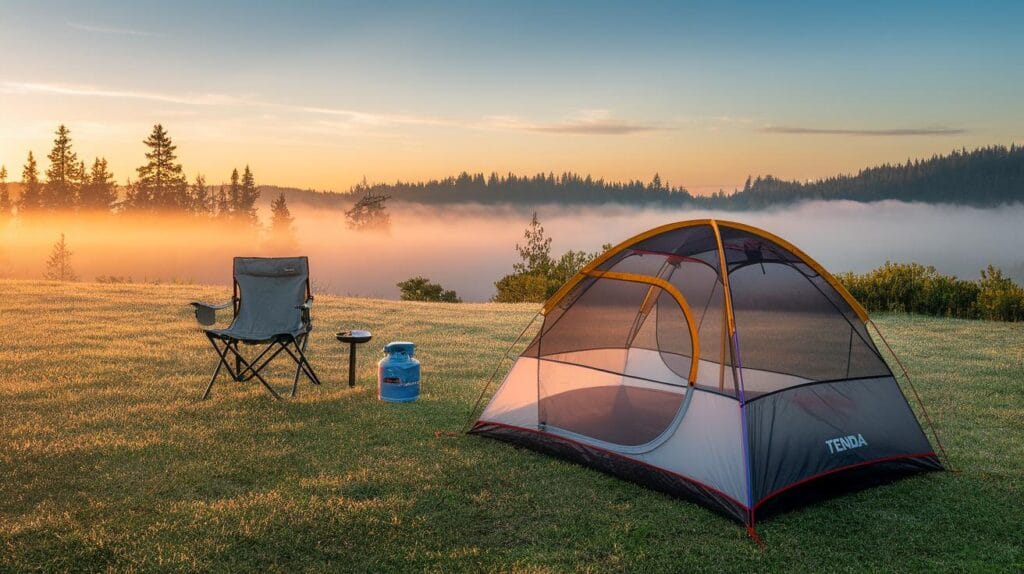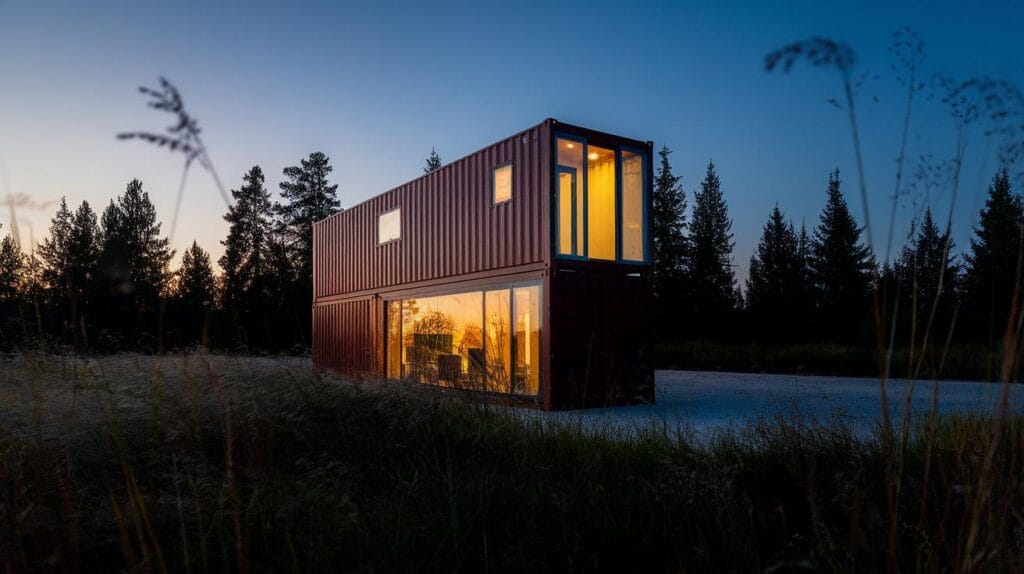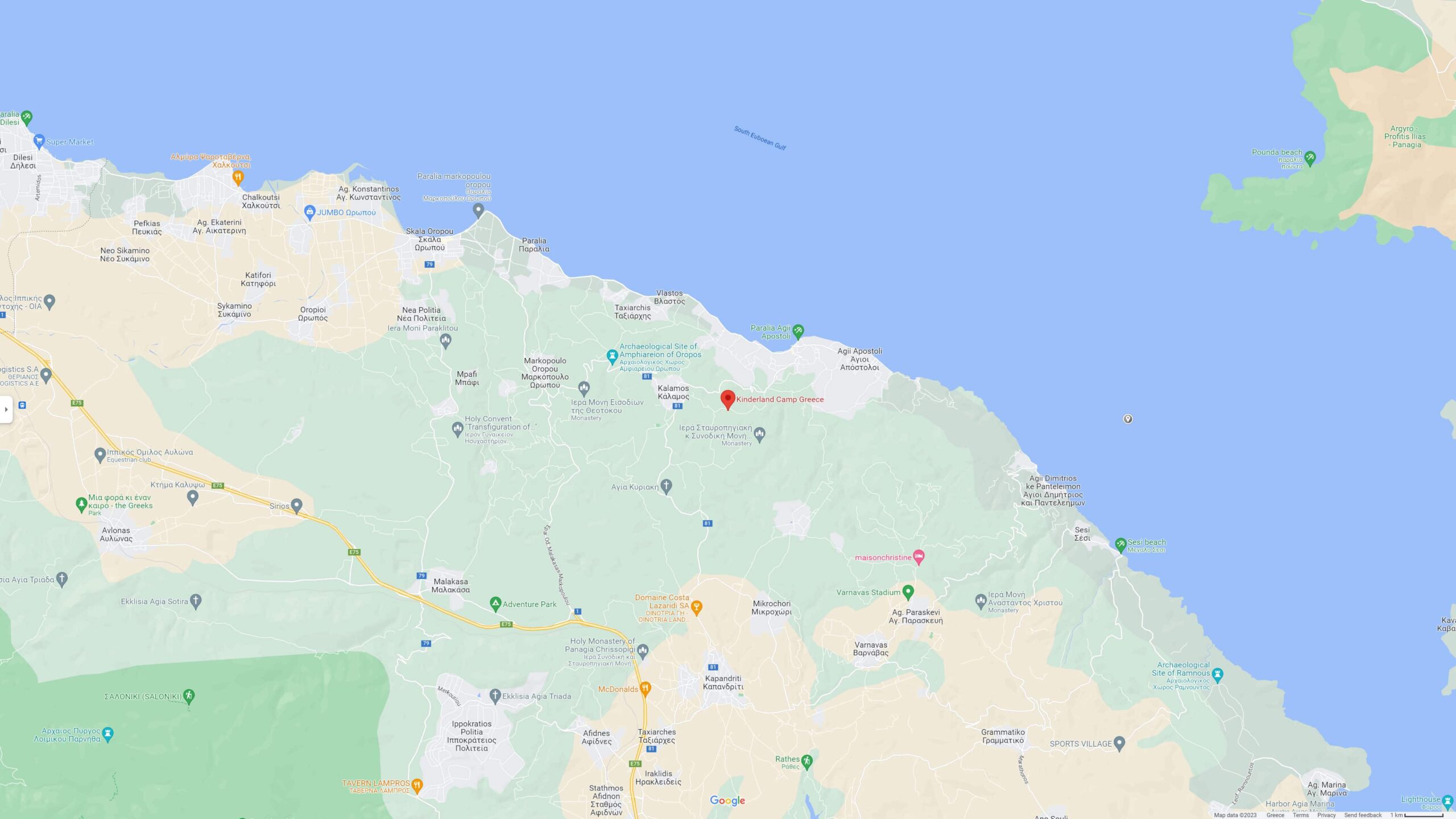
Planning A Comfortable Weekend With Compact Tenda Camping Gear
Introduction Camping offers a refreshing break from urban life. Choosing the right camping tent and gear can make your weekend ...

Introduction Camping offers a refreshing break from urban life. Choosing the right camping tent and gear can make your weekend ...

Introduction Rainwater harvesting stands as a straightforward method to collect and store rain for use rather than letting it flow ...

Introduction Earthship homes offer a practical way to live sustainably. These homes use natural and recycled materials to build shelter, ...

Introduction Small cottage homes offer an appealing alternative to large, conventional houses by focusing on comfort and functionality within a ...

Introduction Eco houses have become key in reducing environmental impact and promoting sustainable living. These homes use technologies and materials ...

Introduction Rustic cabin interiors bring a unique charm to any living space. They combine natural materials and traditional craftsmanship to ...

Introduction Homeowners living off the grid often confront unique challenges, one of which is effective sewage management. A DIY septic ...

Introduction Container homes represent a growing trend in sustainable living practices. As people seek to reduce their environmental impact, many ...

Introduction In an unpredictable world, having survival skills becomes vital for anyone venturing into the wild. Understanding how to navigate ...

Introduction The movement toward eco-friendly practices is gaining momentum as individuals and communities recognize the importance of sustainability. With increasing ...
